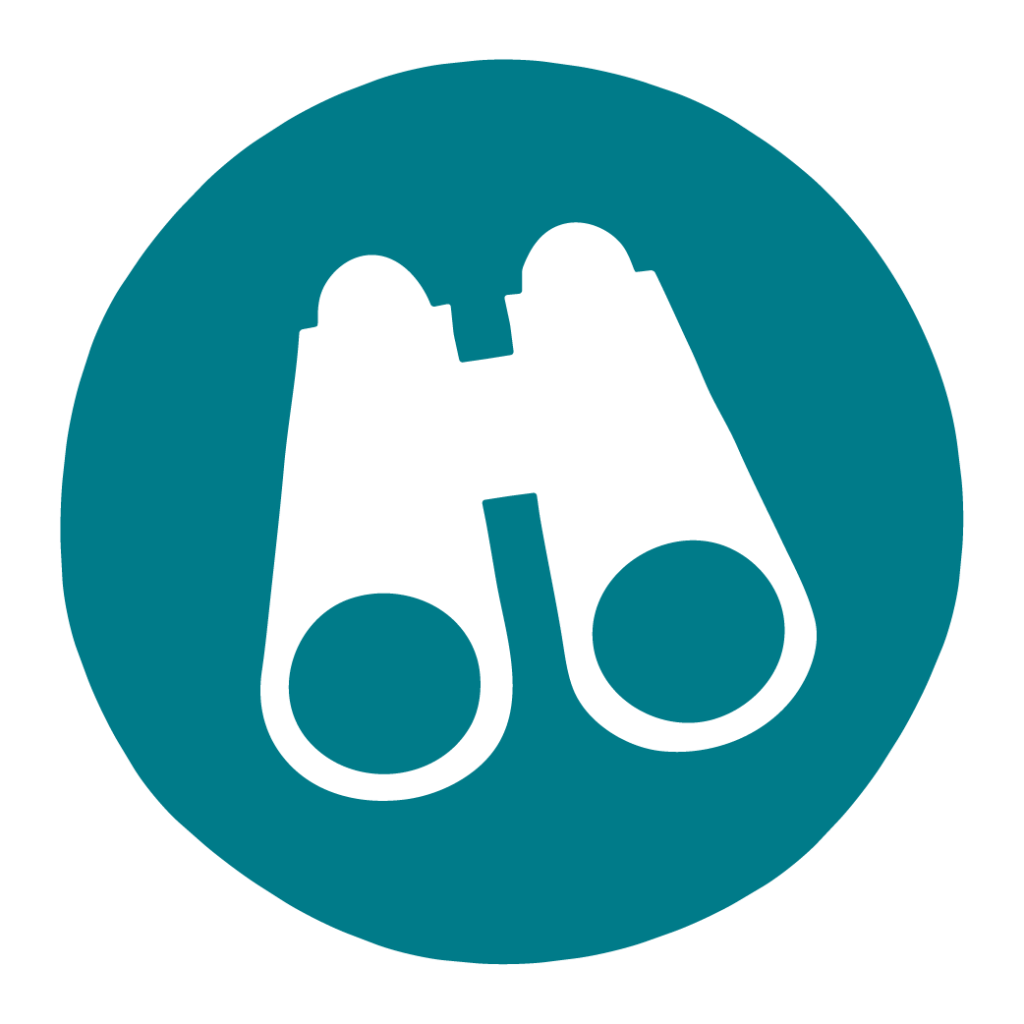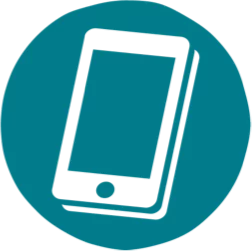Security
What to Do if You Are a Victim
Anyone can be a victim of scams or fraud. If you think you’ve been affected, call us immediately at 800.852.5316. We’ll help you secure your account. If needed, we’ll close it down and help you open a new one.
Once you’ve given us a call, be sure to report the incident to the Federal Trade Commission. The FTC uses your information to build a case against scammers and shut them down.
How We Protect You
Though we may verify your information when you reach out to us, Horizon will never contact you to request your Social Security number, card number, mother’s maiden name, address or similar personal information.
If someone who says they’re from Horizon contacts you and asks for this information, it’s a scam. Hang up or block the sender.
“Horizon will never contact you to request your Social Security number, card number, mother’s maiden name, address or similar personal information.“
You may occasionally be asked to update your contact information for your accounts at Horizon Credit Union. The best way to do this is at a branch or through a secure, self-authenticated channel like online and mobile banking. If you choose to update your information over the phone, make sure you call us at our 800 number, not the other way around.
Digital Mail
We use a secure messaging system to ensure your personal information is always protected. Messages from Horizon that contain sensitive information are automatically encrypted.
Verification Protocols
Anyone who calls us must verify their identity before gaining access to account information. In addition, you’ll be asked to self-authenticate any time you log in to online or mobile banking from a device we don’t recognize.
Card Controls
Customizable controls give you control of when, where and how your card is used – all with just a few clicks from your computer or mobile device.
Avoiding Fraud
These best practices will help you steer clear of fraud in your everyday life:
In Real Life
On the Internet
- Hang up on suspicious callers and call a trusted number instead
- Check your credit regularly
- Keep your phone number, mailing address and email up to date
- Use a credit card for extra protection and dispute rights
- Use card controls to set alerts or turn off your card
- Don’t engage with people requesting gift cards or prepaid cards as payment
- Use multi-factor authentication to protect your accounts
- Don’t click suspicious links
- Don’t share your personal information online
- Keep devices and software up to date
- Create strong, unique passwords
- Stick to well-known websites with a good reputation
“If someone requests payment in gift cards or prepaid cards, it’s a scam! No legitimate business or government agency accepts gift cards for payment.”
Common Scams
Scams vary from simple to elaborate and evolve constantly as scammers work to find new ways to trick you into giving them your money. However, there are several known tactics that scammers use repeatedly. Get familiar with these common scams so you can spot them before it’s too late.
If you ever think you might be getting scammed, remember these tips:
- Put down the phone: If someone pressures you to stay on the phone, it’s a red flag. Banks won’t rush you or stop you from visiting a branch in person to sort things out.
- Consult trusted people: Talk to a friend, family member or financial advisor before making decisions. Getting a second opinion can help you spot a scam. Don’t get pressured into acting in secret.
- Question the communication method: Government agencies usually reach out by certified mail or process servers. If you get contacted in an unusual way, such as text, email or unsolicited phone call, be cautious.
- Question the payment method: Legitimate businesses or government agencies won’t ask for payment in gift cards, pre-paid cards or cash by mail. The Postal Service also warns against sending cash.
“Scammers will try to create a sense of urgency and make you feel ashamed, isolated and threatened. Don’t fall for it! Just hang up the phone or block the sender’s texts and emails.“
Find your nearest branch or ATM
We’re part of the CO-OP ATM network! That means with us you’ll gain access to over 30,000 ATM locations nationwide. That’s more than most banks!
Wherever you roam, Horizon’s along for the ride.


